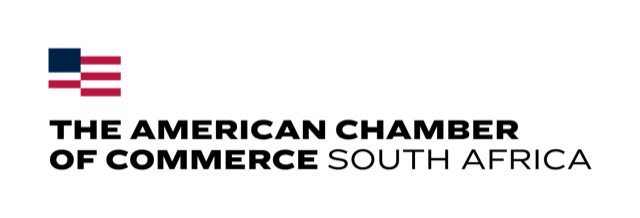Updates on tariff schedules: what you need to know!
By Global Trade Advisors
On 3 October 2025, SARS published amendments to its tariff schedules, effective from 1 January 2026, to align South Africa’s customs duties with its commitments under the African Continental Free Trade Area (AfCFTA). These changes include the substitution of various tariff subheadings in Part 1 of Schedule No. 1 and the inclusion of safeguard measures in Schedule No. 2.
Key Amendments
1. Part 1 of Schedule No. 1: Substitution of Tariff Subheadings
SARS has substituted several tariff subheadings to phase down certain customs duties in line with AfCFTA’s agreed schedules. Notably, technical amendments have been made under Chapters 29, 38, 68, 70, 74, and 83. These chapters cover:
Chapter 29: Organic chemicals, chemical compounds
Chapter 38: Chemical products
Chapter 70: Glass and glassware
Chapter 74: Copper and articles of copper
Chapter 83: Miscellaneous articles of base metal
These changes aim to reduce tariffs on certain imported inputs, potentially lowering costs for manufacturers in sectors such as chemicals, pharmaceuticals, and speciality inputs.
2. Schedule No. 2: Inclusion of Safeguard Measures
The heading of Schedule No. 2 has been amended to explicitly reference “Safeguard.” This suggests that safeguard measures (temporary protectionist duties or quotas in special cases) will be part of how SARS handles trade pressures under the new regime. This inclusion allows for the application of temporary protective duties in response to sudden surges of imports or unfair trade practices.
Impact on Key Sectors
Chemicals, Pharmaceuticals & Specialty Inputs: Manufacturers relying on imported raw materials may benefit from reduced costs due to phased-down tariffs. However, safeguard measures could reimpose temporary protection if import surges occur.
Electronics, Machinery & Components: Changes in tariff classifications may affect components like semiconductors and wiring, impacting costs and supply chains.
Automotive & Auto Parts: Tariff reductions on imported components could lower production costs; however, safeguard measures may protect local producers from import competition.
Metal Fabrication, Steel & Base Metals: Safeguard duties may be applied in cases of sudden import surges, affecting sectors like steel, copper, and aluminum.
Glass, Ceramics & Construction Materials: Tariff adjustments could impact import costs for construction-related goods, depending on changes in tariff lines.
These amendments mark a significant step in aligning South Africa’s trade regime with AfCFTA commitments, providing clarity on tariff reductions while retaining tools to manage import pressures.
